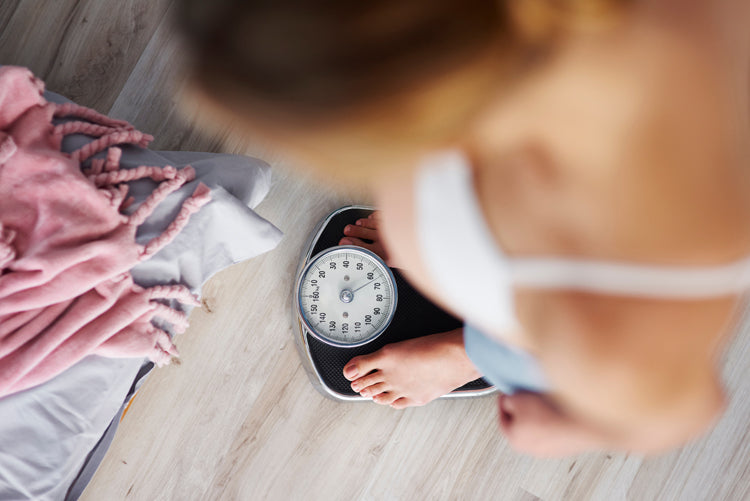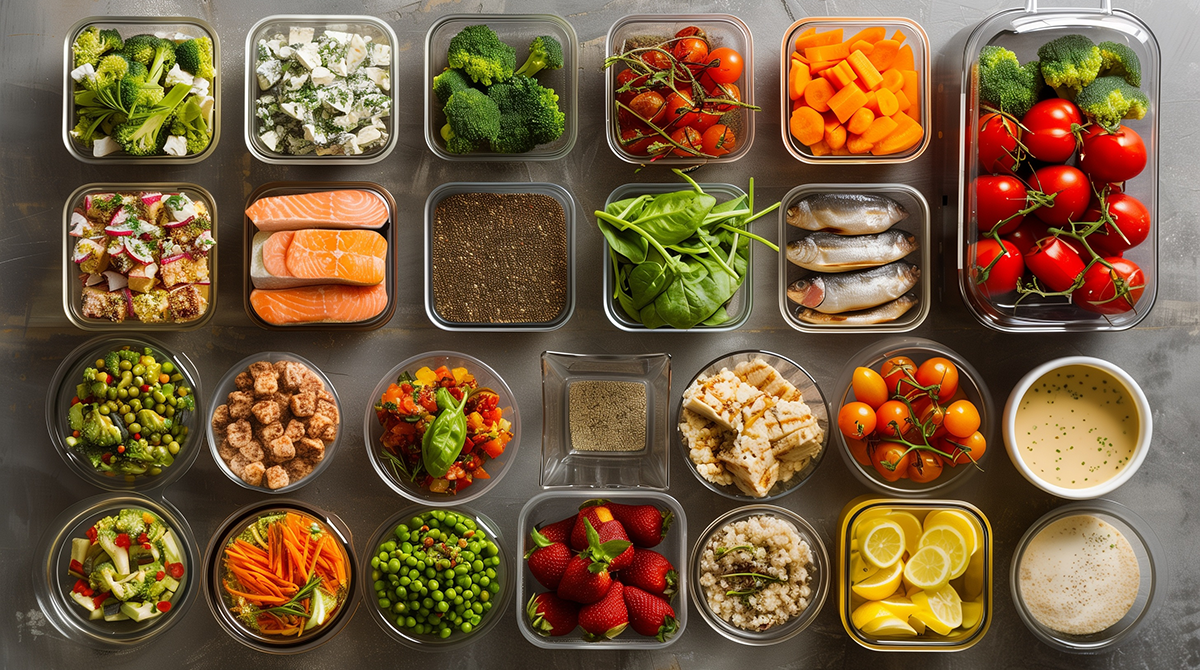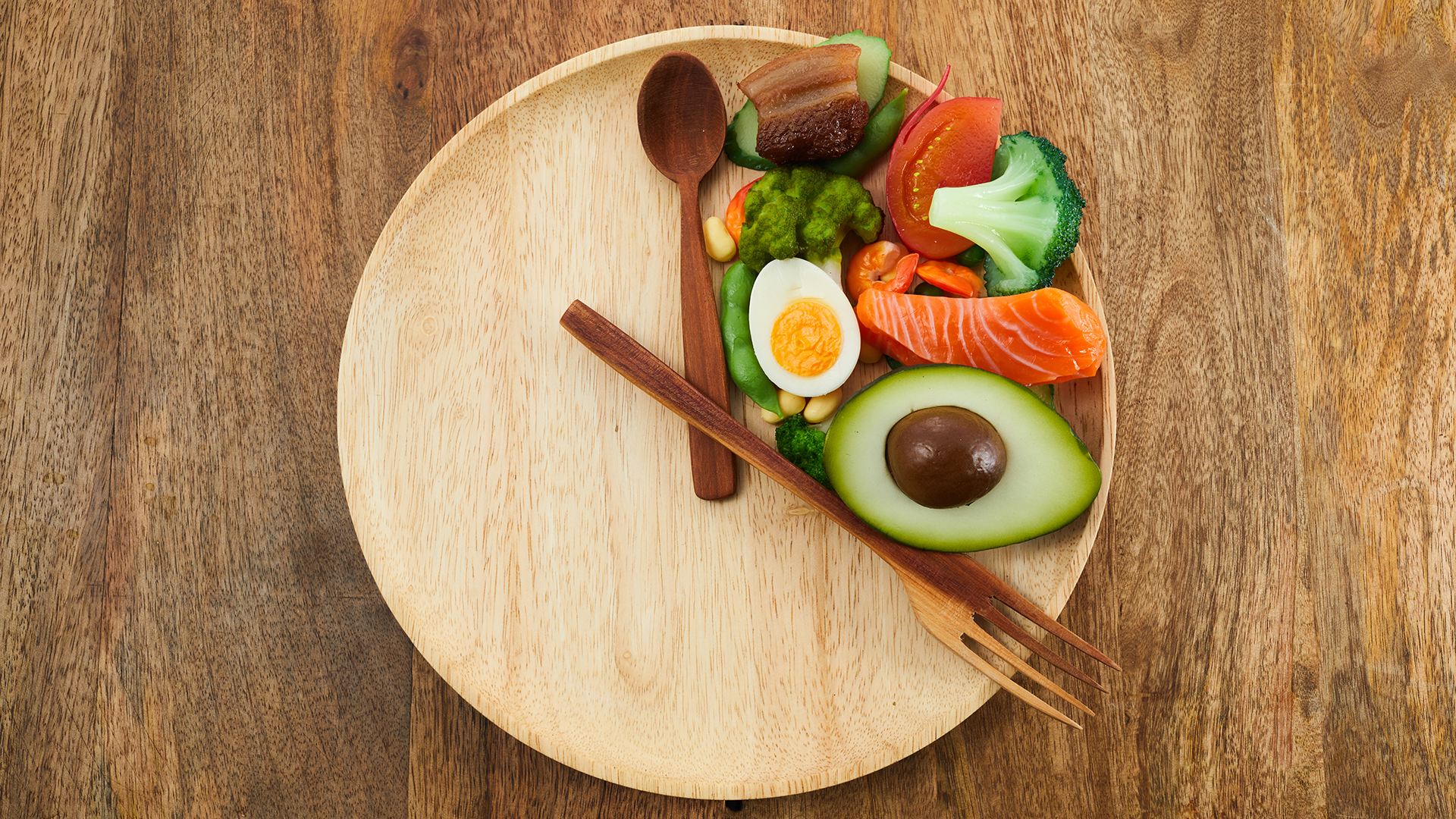Choosing a diet is an important decision – could this be the thing that finally cracks the code? Ask yourself these questions before you decide on which diet to start.
Why are there so many diets?
You’ve probably heard people say that all you need for successful weight loss is a calorie deficit. Well, if that’s the case then why are there so many diets, diet clubs, diet plans and popular ways to lose weight?
The calorie deficit argument is true, but it only goes so far. We’re humans, not calculators, and we need to consider all of the human elements of our weight loss journey too (not just the maths).
Different diets appeal to different food preferences, ways of eating, social situations, and emotional connections with food. So yes, it’s true that you need a calorie deficit to lose weight. But you also need a framework that makes the calorie deficit sustainable for your lifestyle.
Are all diets about losing weight?

Not all diets are just for weight loss. This is a common misconception that can give dieting a bad name. Most diets come with the goal of losing weight or losing body fat. But other diets are about introducing more healthy foods into your meals, fixing gut health issues, addressing headaches or skin complaints, or helping you align your eating with moral or political standpoints.
The word “diet” really just refers to the foods you habitually eat. You’re already on a diet – we all are. But for the purposes of this article, let’s focus on weight loss diets. We like to stay in our lane.
The fundamentals of a weight loss diet
Every successful weight loss diet is based on being in a calorie deficit. A calorie deficit means there’s a gap between the number of calories “in” (from food and drink) and “out” (from your metabolism, exercise, and every day activity).
But there’s more to it than that. Every good weight loss diet also looks after your physical and emotional health. This means no super strict rules or fads, no excessive restriction, and no inexplicable banning of perfectly healthy foods. Diets of the 70s and 80s, we’re looking at you!
What makes a diet healthy?

Dieting isn’t a bed of roses – you’re cutting back on calories, after all, so you’re probably going to be a bit hungry. But a healthy weight loss diet will allow you to eat from all three macronutrients (protein, carbohydrates, and fats). It will encourage you to eat healthy, nutritious wholefoods. It won’t ask you to rely heavily on faux-foods or meal replacements. And you shouldn’t need to hide yourself away from friends and family – a good weight loss diet should still allow you to enjoy social connections.
5 ways to decide the best diet
1. How fast do I want to lose the weight?
How much weight do you want to lose, and how quickly do you want to lose it? A slower diet will mean you can have more wiggle room in terms of diet breaks or higher calorie days. Faster weight loss will mean you need to really nail the details and stick with it.
2. What is my social situation?
A single woman who lives by herself, a Mum of teens, and a woman with a job that involves lots of client entertainment will need different approaches to dieting. Have a think about your social, home, and work situations. How easy will it be for you to cook every meal? How many meals per week do you eat out? Can you change your way of eating without impacting the household routine? There’s a diet for everyone – just make sure you choose the right one.
3. Do I like flexibility or routine?
Some women thrive on the routine of a simple, replicable daily meal plan. Others reject the rigidity and love to get creative in the kitchen. What kind of dieter are you? Don’t choose a flexible diet plan if you get overwhelmed by decision making at meal time. And we wouldn’t recommend you choose a daily meal plan if you get really bored of eating the same thing. Pick the right diet for your personality type.
4. Do I enjoy carbs or fats more?
Most good diets will suggest you keep your protein intake moderate to high (this is the macronutrient that keeps you fullest). So you can choose whether you reduce calories mostly from fats, or more from carbohydrates. It doesn’t really matter on a physiological level. But if you’re someone who doesn’t think a meal is complete without rice or potatoes, you’ll struggle on Atkins. And if you really enjoy eggs and avocados, you’ll be miserable eating low-fat. Choosing a diet that honours your inbuilt preferences will make the process much more enjoyable.
5. Can I sustain this way of eating for maintenance?
Here’s the big question. Spend a few minutes imagining the glorious world of weight loss maintenance. Because we know you’re going to get there! Once you’ve lost the weight, you will need to keep it off. And if you lost it in a way that you can’t sustain, you’ll be back at square one.
It’s far better to choose a diet plan that educates you about healthy food choices, portion control, and smart calorie hacks. That way you can slowly ease back into maintenance once the diet is over.
If you choose a diet that radically alters your way of eating, you’ll be hard pushed to stick with it once the weight loss phase is over.
Which diet is right for me?
There are so many named diets out there, we couldn’t possibly recommend the best one for you. But by pondering the questions in this article and being honest with the answers, we think you’ll land on a sustainable, realistic way of dieting that fits with your personality, lifestyle, likes and dislikes.
Related Article: What is 16/8 Intermittent Fasting




